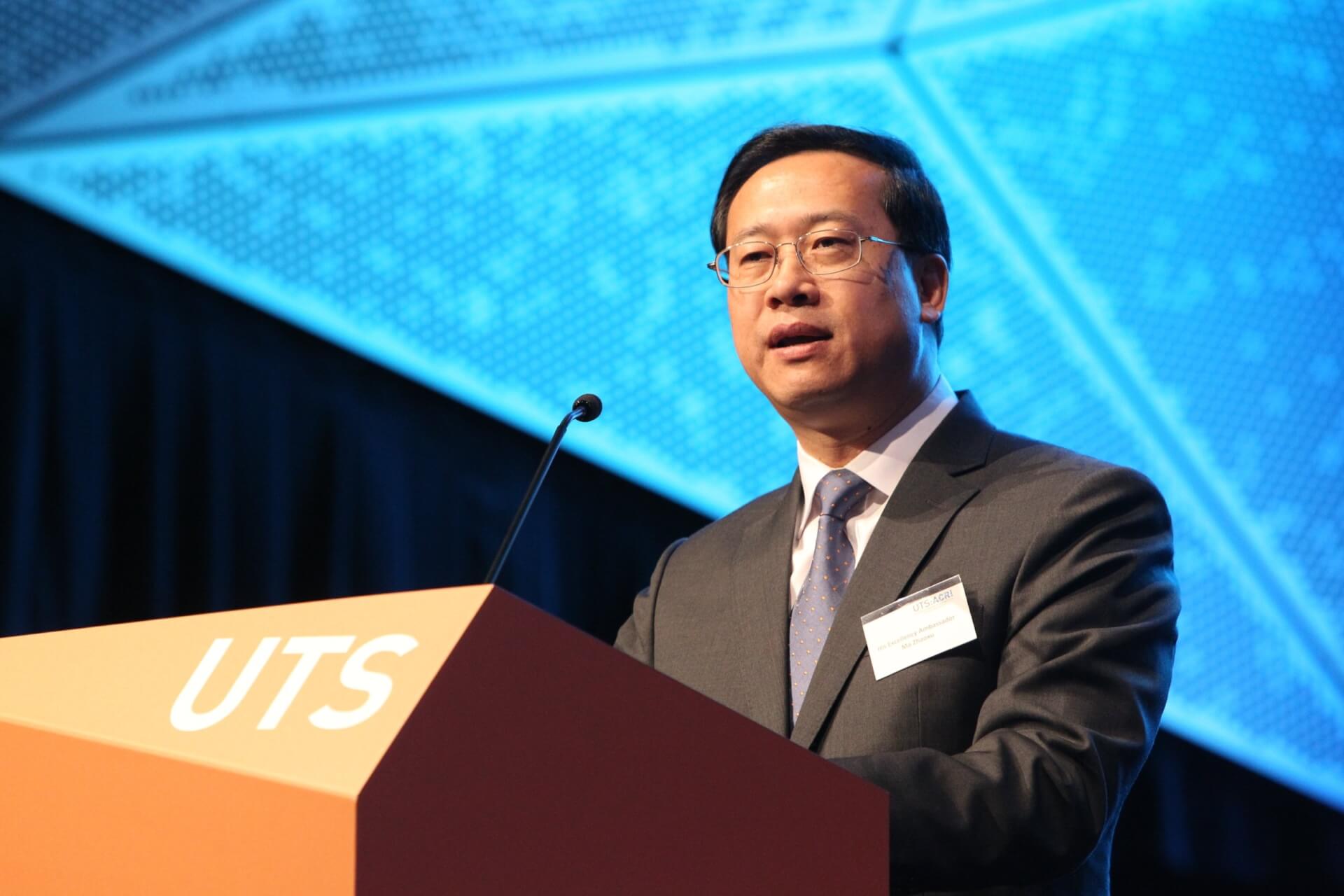Over the weekend, Chinese Vice Foreign Minister Ma Zhaoxu announced the suspension of debt repayments for 77 low-income and developing countries, signaling China’s commitment to the G-20 debt relief program that was agreed to on April 15.
At the G-20 summit in April, member countries launched a Debt Service Suspension Initiative (DSSI) until the end of 2020 due to the economic damage wrought by the coronavirus pandemic, particularly on developing countries.
Also Read: African Union Calls for Debt Relief and Suspension of Sanctions Amid COVID-19 Crisis
The Chinese government is yet to publicly clarify details on the suspension of debt repayment, including which 77 countries it is referring to, the amount of relief, or the terms and conditions of the suspension.
China has come under increasing scrutiny over the last few years for practicing what critics call ‘debt-trap diplomacy’, wherein its Belt and Road Initiative (BRI) has arguably compromised the sovereignty of low-income countries, particularly in Africa. China’s loans to Africa amount to roughly $160 billion, most of which has gone towards infrastructure projects. However, the money is loaned at high interest rates, which forcefully increases and extends Africa’s dependence on China. For instance, Djibouti’s debt-to-GDP ratio rose from 50% to 85% after Chinese investment in 2014. In fact, it is estimated that around 20% of African government debt is owed to China.
Also Read: The Scramble for Africa: Diplomacy and Debt Relief
This heavily asymmetrical relationship and burgeoning disharmony in Africa-China ties has prompted actors like the United States (US) to step in, assuming the role of a benevolent alternative to China’s predatory lending practices.
In May, US Secretary of State Mike Pompeo led calls for the US and the G-20 to annul or suspend African debt, and even went as far as calling on China specifically to consider doing the same. Pompeo mentioned of the “enormous amount of debt that China has imposed on African countries” and positioned the US as diametrically opposed to indenturing Africa, highlighting how Washington has spent close to $60 billion on public health in Africa over the last two decades.
During the current coronavirus pandemic, the US has pledged a further $170 million in medical aid to Africa, which will go towards “refurbishing hospitals and training medics in Ghana, Nigeria, Senegal, Uganda, Sierra Leone, Mauritania, and Ethiopia”. In fact, under the Trump administration, the US government has sought to claw back its influence in Africa through the launch of the 2018 BUILD (Better Utilizing Investments to Leverage Development) Act, which created the International Development Finance Corporation (DFC), and the reignition of the US Export-Import Bank.
However, although the US is looking to capitalize on fractures in the relationship between Africa and China, this ignores the fact that China has previously cancelled $160 million in debt owed by Sudan in 2017, and $78 million owed by Cameroon, $7.2 million owed by Botswana, and $10.6 million owed by Congo-Brazzaville in 2018.
Also Read: Increasing Anti-Black Racist Attacks in China Prompt Anger From African Leaders
In fact, even during the ongoing COVID-19 crisis, China has lent a helping hand to countries in need. On May 18, at the 73rd session of the World Health Assembly, Xi Jinping said, “China will provide $2 billion over two years to help with COVID-19 response and with the economic and social development in affected countries, especially developing countries.”
However, given that the donation will be made under the category of “international assistance”, it can be argued that this assistance will only come at the expense of the recipients accepting increased Chinese influence. Moreover, since that $2 billion is not specifically designated for COVID-19, China could plausibly subsume this assistance within its debt relief program that was announced this past weekend. One might say that China is simply adhering to its renowned practice of giving with one hand and taking with the other.

